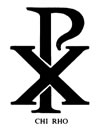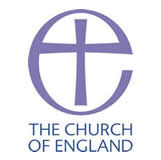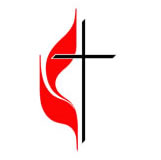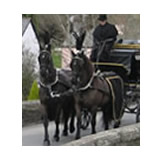Catholic Funerals

Catholic funerals are carried out according to the Order of Christian Funerals (1989), the only canonically approved liturgical rite in the English language (rites approved by the Church). A Catholic funeral holds two distinct purposes: to honour the dead and care for those who are grieving. This care is focused on remembering and celebrating the death and subsequent Resurrection of Christ, and how this mystery offers Catholics hope. Every Catholic, unless he/she is specifically excluded due to Church/canonical law, is entitled to a Catholic funeral.
The Vigil for the Deceased
The Vigil for the Deceased is celebrated during wakes. Normally this rite is scheduled and publicised in the obituary so that more of the community can attend.
The Vigil is generally led by a priest or deacon, though if none are available a lay person with experience in leading public prayers may be chosen instead. The Vigil may take place in a private home, a funeral home or a church. If available, music may be included. Often the Vigil is a time when those who can not attend the Funeral Mass or Rite of Committal come together to take part in the funeral rites.
The Funeral Mass
The Funeral Mass may be celebrated any hour of any day except for solemnities of obligation: Holy Thursday, Good Friday, Holy Saturday, Easter Sunday or any Sunday in Advent, Lent and the Easter Season. Generally the Funeral Mass is celebrated in the church of which the deceased was a member, though it may also be celebrated in a Catholic chapel (such as in a nursing home) or in any Catholic church in which the pastor agrees.
If it is requested and approved, the Funeral Mass may be celebrated for more than one person at a time. Only a priest or deacon is allowed to preach the homily during a funeral liturgy. If a Funeral Mass is not possible or permitted, then the Funeral Liturgy Outside of Mass may be celebrated. This may be celebrated in a private home, funeral home or a cemetery chapel. Holy Communion may be included, though some dioceses may discourage it.
The Rite of Committal
The Rite of Committal is a “gathering of the faithful for prayer” that generally takes place at the graveside or interment/cemetery chapel. At this time it is usually appropriate for military or cultural customs to be included. Though burial is preferred by the Catholic Church, cremations are also allowed as long as they were not chosen for reasons that go against the Church’s teachings.
If a cremation does occur, the ashes are considered as the human remains and therefore should be buried or entombed. Scattering ashes so that they remain above ground is discouraged. Burial in the consecrated ground of a Catholic cemetery is encouraged for both human remains and ashes. Some non-Catholics may also be buried in Catholic cemeteries if they expressed a relationship to the Church and a desire to do so, or if a non-Catholic member of a Catholic family (or his/her family) expressed a desire for the family to be buried together.
According to the Order of Christian Funerals, the Vigil for the Deceased, Funeral Mass and Rite of Committal are the three main parts of a Catholic funeral. Planning a Catholic funeral should be done with the parish priest so as to navigate Church practice, procedure and law most effectively.

 Home
Home







